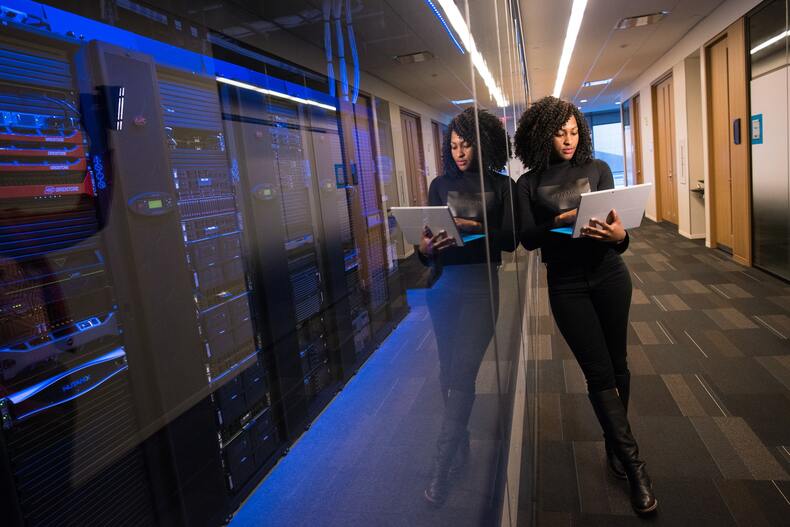Dedicated Servers, What Are They Used For?
Nowadays the need for hosting services is growing exponentially – sooner or later everybody would need a computing facility. The reasons for it may be various, everybody has their own needs. Private users may need to create an e-commerce web page, a gaming server, an app development platform of a landing page. Bigger companies may need servers to keep databases, keep the books, etc. Sooner or later everybody realizes the need to keep their data someplace.
At this point, the question arises: which type of provider’s service do they actually need. Therefore it’s important to understand what is your demand. So, being able to choose the service you need on your own will be a useful skill.
Once a new user enters a hosting company website, they will see a lot of unfamiliar terms. Whether it is colocation, virtual hosting, server rental, SaaS, IaaS, DBaaS, PaaS, XaaS, etc. What is what and which is the best solution for you – that’s the question.
Let’s have a closer look. In particular, let’s figure out what dedicated servers are and why they are needed.
So, dedicated servers are a kind of service, providing data storage and computing power on dedicated physical hardware for clients. This service implies a rental of a single physical server by one client. The client chooses the hardware and calculates the possible future loads, while the hoster places the server in a rack cabinet in the data center. During the rental term, the service provider ensures a constant power and internet supply for your hardware, taking care of your server and monitoring its condition, whether it runs smoothly, whether all parts of it, like harddrive or processor, are in working condition.
The hosting provider might as well provide the client with a server administration expert for additional payment if needed.
Reading: Is VPS Server Safe?
Security
If you make up your mind to rent a server, the hardware belongs to you for the whole rental term, providing you with certain independence.
That means, again, that you’ve got to know for what kind of task you are going to need your server, it’s completely up to you. If you have calculated the power you need correctly, it almost guarantees you an uninterrupted work of your server. A greater problem is an error in calculations, leading to a necessity for quick rescaling to meet the increased loads.
If you are sharing your server with another client, this kind of unplanned rescaling would be a kind of theft of the other client’s resources, which won’t be fine either.
This leads to a definitive benefit of a dedicated server – independence from other clients. So, if privacy and security are what matter to you, then a dedicated server is what you need.
A dedicated server provides you with a great advantage in terms of security – since when using a shared server, your personal data may often be in danger, like in cases of attacks or data breaches, using a dedicated server providing no external interferences, you are protected.
Moreover, many hosting providers offer built-in security solutions for their servers, saving you time and money since you don’t have to take care of security yourself.
Economical benefits
Renting a dedicated server is cost-effective as well. If you rent a server, it won’t actually serve you more than two or three years. After this period of time, even if the server is still in a working condition, it will be technologically outdated anyway, since servers with higher capacities like memory, storage, or performance will be developed. Colocation is in turn rather expensive as well – from 50% to 80% of the server rental cost.
That is, renting a server will cost you around 90$ a month, colocating your own server in a data center will cost you around 50$. The latter seems less expensive, but you should take into consideration the cost of the server itself, which may be from 2000$ to 3000$. Taking into account that the hardware will become outdated in a couple of years, this decision won’t seem as economical at first glance.
Renting a server may be a good alternative, costing 100—150$, but allowing you to give up the service once you don’t need it anymore or, vice versa, increase the capacities, which seems quite a reasonable option.
Conclusion
If you don’t want to share your data-storing capacities with other clients but aren’t ready to afford your own server, a dedicated server should be a good option for you. With HostZealot you can easily rent a dedicated server UK, with close proximity to EU countries, 24/7 English-speaking support, enterprise-grade server hardware, and many other benefits you can learn more about on our website.

